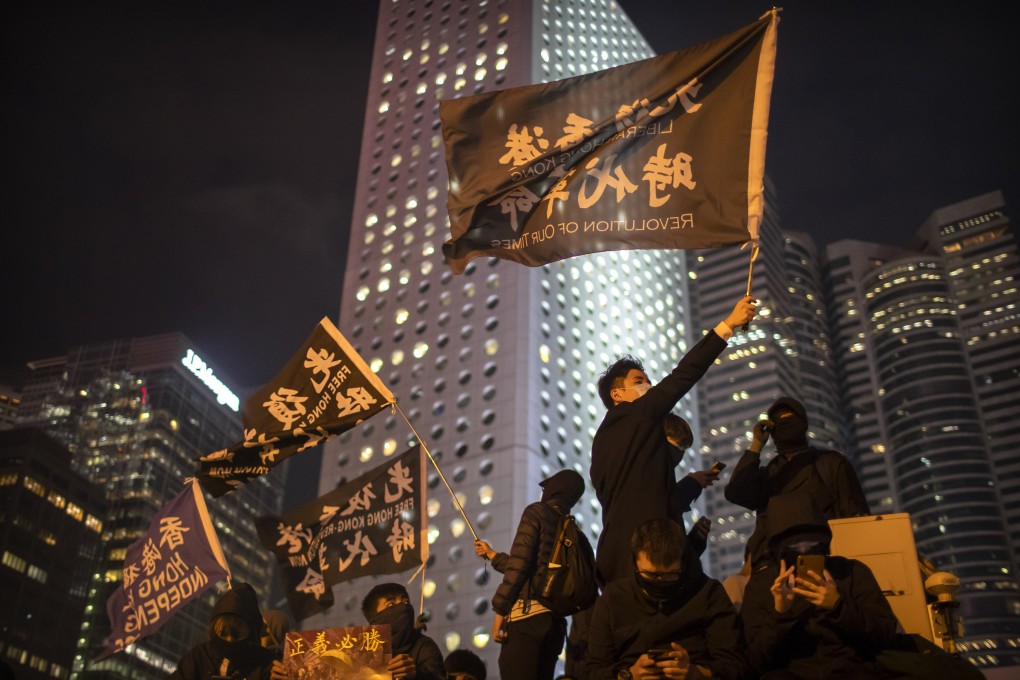Advertisement
Opinion | To win over Hong Kong and Taiwan, Xi’s China must break a 2,000-year tradition
- Far from enabling China’s peaceful reunification, ‘one country, two systems’ is undermining it. There is one fundamental reason for this: in more than 2,000 years, the Chinese state hasn’t been able to manage intergovernmental conflict
Reading Time:3 minutes
Why you can trust SCMP

China’s “one country, two systems” formula in Hong Kong is failing miserably. After more than six months of large-scale pro-democracy protests – including violent clashes with police – the city’s voters dealt a powerful blow in November to pro-mainland parties, which lost 87 per cent of seats to pro-democracy rivals in district council elections.
The significance of that election should not be underestimated. While district councils have little power, they select some of the 1,200 electors who choose Hong Kong’s chief executive. In the next election, pro-democracy parties will fill nearly 10 per cent of those seats.
The election also had important symbolic implications. District councils are elected in a fully democratic process (compared to only half the seats in the Legislative Council). With an impressive 71 per cent turnout, the election was widely seen as a vote of no confidence in Beijing-backed Chief Executive Carrie Lam Cheng Yuet-ngor.
Advertisement
Some people have lost faith in the prospect of maintaining democracy within one country, two systems. This is reflected in growing demands for independence. While independence remains a fringe idea – owing partly to recognition of China’s uncompromising stand on territorial integrity – almost no one under the age of 30 in Hong Kong identifies exclusively as Chinese.
A similar backlash is also occurring in Taiwan. Having enjoyed de facto independence since 1949, Taiwan was supposed to be drawn back into the Chinese fold by one country, two systems. But that model’s failure in Hong Kong has hardened anti-China sentiment, and turned voters away from the political parties which favour closer ties with the mainland.
This represents a shift from last year’s midterm elections, when the Kuomintang secured key victories over the ruling, pro-independence Democratic Progressive Party. In fact, that outcome was probably less about desiring closer ties with Beijing than about delivering a sharp rebuke to the DPP.
Advertisement
Select Voice
Select Speed
1.00x
